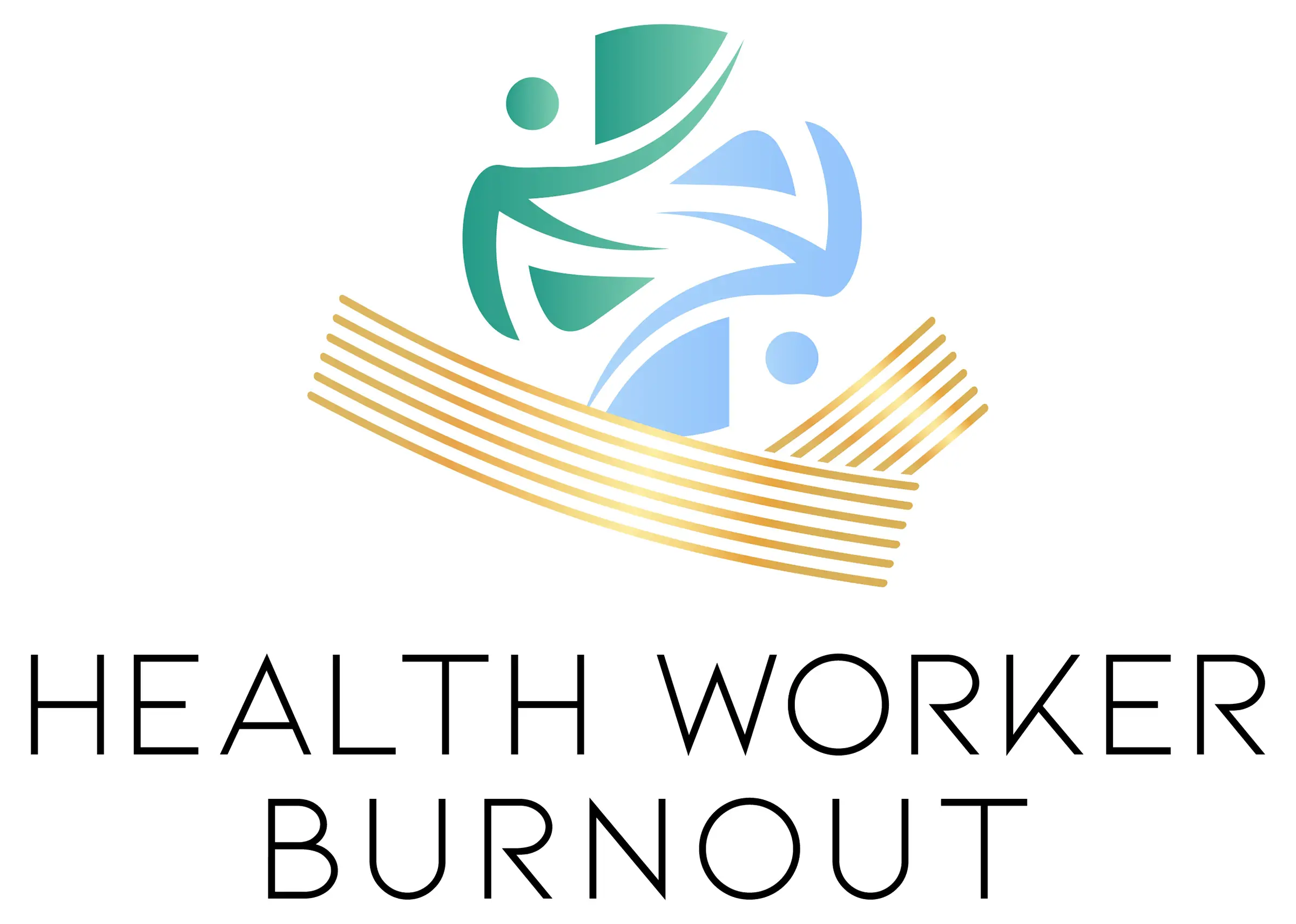If you’re a healthcare worker, chances are you’ve had your share of long shifts and on-call days. This is normal in the UK healthcare system. Health care workers all over the UK complain that they are overworked and for good reason.
In this article, we will examine key reasons why healthcare workers are so overworked and what you can do to mitigate the resulting stress.
- Long Shifts
- Understaffed Facilities
- No Workday Breaks
- Taking work Home
- Overnight Shift

Working Long Shifts Indefinitely
It has become standard in the healthcare industry to work unreasonably long shifts, especially if you are a nurse. Per the National Library of Medicine, the longer the work shift, the higher the levels of burnout for hospital nurses.
Unfortunately, it has become commonplace for nurses and doctors in the hospital setting to work for 12 hours or longer per day. Having to be alert, deal with high-stress situations, and make important decisions for at least 12 hours straight can make anyone feel burnt out after a while.
Since the 12-hour (or longer) shift has become the standard of work, healthcare workers have to make peace with their long work shifts and make the best of the situation. However, they cannot deny that they are overworked.
Many aren’t aware of this, but therapists also have to work long shifts, having to see patients back to back all day. This often leads to burnout for them as well.
Make Your Long Shift Work for You
Long shifts in healthcare are not likely to change, but there are changes that you can make to make the long shift bearable:
- Take your breaks. You are not doing anyone any favors by skipping breaks. When you skip your breaks regularly, you will become more and more overworked. A well-rested nurse or healthcare professional makes fewer mistakes. So, whenever you get a chance for a break, take it.
- Maximize your breaks. Not only should you take your breaks, but you should also make the most of them. Instead of catching up on work during your breaks, relax your mind by listening to soothing music or taking a nap. You could also eat a nutritious meal to fuel yourself for the rest of the day.
- Consider taking a supplement. Many healthcare workers swear by taking supplements like vitamin D and vitamin B. Both of these supplements can help you by increasing your energy.
Working in Understaffed Facilities

Nurses, therapists, and other healthcare workers feel overworked because they worked in understaffed facilities. Since there are not enough employees to relieve them, they often have to work later than scheduled.
Many nurses find themselves working much later than they were scheduled when their facility hasn’t employed enough nurses. Rather than leave a patient uncared for, compassionate nurses stay late until another nurse is able to relieve them. When this happens repeatedly, the nurse begins to feel overworked.
Therapists who work at understaffed facilities must see more patients than is comfortable for them. This leads to abnormally long work hours and weariness that never seems to go away.
Pressure from Working in an Understaffed Facility
Understaffed facilities also carry with them a level of constant stress stemming from the fact that there is lots of work to do with not enough people to do it. Healthcare workers who work in understaffed facilities feel the pressure to work at a frantic pace at every moment of the day, and this gets exhausting really quickly.
Inquire About Staffing Plans
It would be helpful to find out whether your employer is looking to hire more staff. If they state that they are working on staffing issues, then you can decide whether you want to wait it out and see if things get better.
On the other hand, if your employer does not have the funds or is simply not planning to hire additional staff, you should consider whether you’re okay with working in this environment long term.
You may decide that you want to seek out another facility that has adequate staff.
Having No Real Breaks During the Workday
Healthcare workers, especially nurses, put their lives on the line every day to do their best to preserve other’s lives. Yet, they are not adequately preserved themselves.
According to Nurses.co.uk, a staggering 58% of nurses state that they did not have adequate time to take their rest break. On top of that, the rest break is unpaid.
To make things even worse, of the nurses who try to take their breaks, 77% of them stated that they were unable to sleep during their break because of their employer.
This leads nurses to feel overworked and utterly out of it.
Since nurses work extremely long hours, having a moment to take a nap can help overworked nurses tremendously.
Advocate for A Real Break
If you are a nurse or doctor who isn’t able to take your scheduled breaks without interruptions, there are a couple of things that you can do. A few of your options are outlined in the section below:
- Talk to the administration at the facility in which you work. If they aren’t aware of this issue, it’s in your best interests to tell them and request a proper break. If there is pushback, then this may not be the facility for you.
- Take steps at home to rest up before your shift. Make it a priority to rest before you go in for your shift. It is also helpful to lead a healthy lifestyle by exercising regularly and eating healthy foods. Doing these things will give you more energy for the workday.
Taking Work Home

Technological advances have made computer work a huge part of just about every part of healthcare. Doctors, nurses, and therapists all over have to document everything that they do in a day.
When there is not enough time to complete all of the paperwork at work, sometimes healthcare workers complete the work at home. While this may seem like a better option than sitting at a desk at work, taking work home can cause burnout.
If, after working a half-day shift, healthcare workers are coming home and doing more work, they will never feel like they left work.
To Remedy This
Time-management is key to success in any industry, but it is even more important in the healthcare industry. Even though it may be difficult, you should ensure that your paperwork is completed at work.
If you’re a healthcare worker who regularly brings work home, if there is no way to find time to do it at work, it may be necessary to involve your employer and let them know. They may be able to find ways to allow for more time for you to complete the paperwork during your work shift.
The Dreaded Overnight Shift
Doctors and nurses are all too familiar with the overnight shift. This shift is often the least-desired shift due to the fact that you’ll need to sleep during the day in order to be awake at night. Often times, it is simply not possible to sleep the days away to prepare for the night shift, especially if you have children and other daytime responsibilities.
On top of that, our bodies are meant to sleep at night, not during the day.
For these reasons, many people stay awake for a large part of the day only to work all night. This is a big driver of burnout amongst some healthcare workers.
To Prepare for the Overnight Shift
The overnight shift does not have to be a total drag. Take the following steps to properly prepare for a full overnight shift:
- Set a time to sleep after your shift. You need to sleep for at least 7 hours to be adequately rested. Set your bedtime, and don’t push it back.
- Prepare your space. When it’s time for your nap, make your space dark and quiet. Light and noise will make it difficult to drift off and stay asleep.
- Eat and drink something before bed. You will have trouble sleeping if you are either hungry or thirsty.
- Let loved ones know about your sleeping schedule. To limit distractions and interruptions, make sure that you tell everyone when you’ll be sleeping.
Final Thoughts
Now you know why healthcare workers are so overworked. We hope that this article helps you to reduce your fatigue as you do your life-saving work!
Content Disclaimer
The information contained above is provided for information purposes only. The contents of this article are not intended to amount to advice and you should not rely on any of the contents of this article. Professional advice should be obtained before taking or refraining from taking any action as a result of the contents of this article. HealthWorkerBurnout.com disclaims all liability and responsibility arising from any reliance placed on any of the contents of this article.
Copyright Notice
These works are protected by copyright laws and treaties around the world. We grant to you a worldwide, non-exclusive, royalty-free, revocable licence to view these works, to copy and store these works and to print pages of these works for your own personal and non-commercial use. You may not reproduce in any format any part of the works without our prior written consent.
Copyright © 2022 HealthWorkerBurnout.com


1 comment